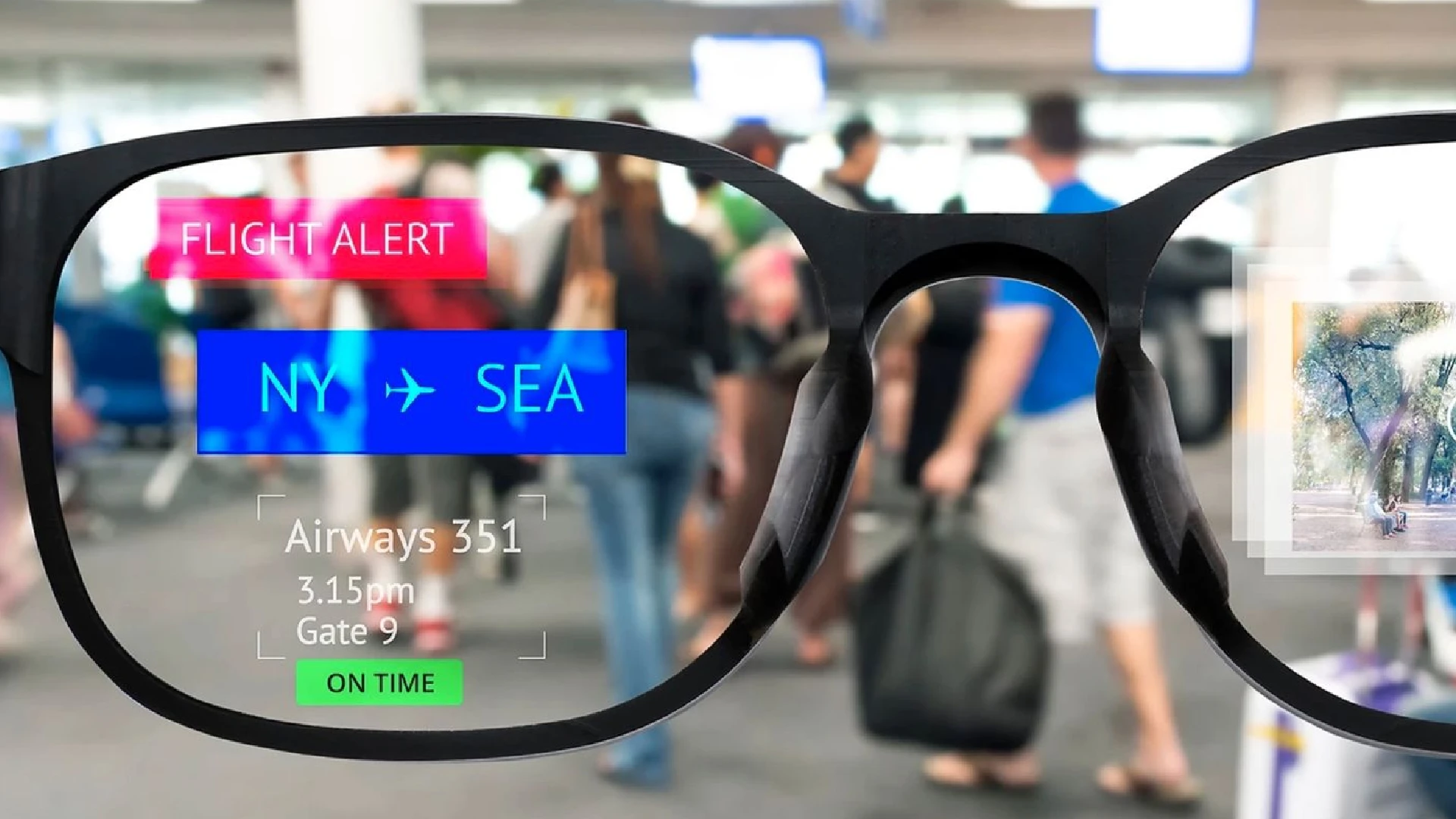You don’t have to look further than Google Glass to see that Google doesn’t always deliver with new products and services. Glass was a forward-looking concept that might have easily been integrated into HTC’s family of devices, but it just didn’t get traction with consumers and dropped off the radar almost as soon as it was introduced – only to resurface for enterprise users a few years later. Despite the acquisition of a microLED startup, it’s clear that the tech giant isn’t done with augmented reality yet.
According to The Information, Google has acquired Raxium, a startup that develops microLEDs for AR use. Raxium hasn’t been priced publicly, but previous negotiations suggested the company was worth about $1 billion. The Information notes that Google has spent years working on its own headsets with little progress, but this seems to indicate that the company wants greater control over the technology needed to make devices like smart glasses and virtual reality headsets.
While Raxium hasn’t released a product of its own, a look at the company’s website suggests that microLEDs are likely to be used in devices like smart glasses and virtual reality headsets. MicroLED technology in general holds a lot of promise, but it’s mostly restricted to huge displays such as Samsung’s The Wall.
Similar purchases have been made by Meta and Apple. It looks as if AR will begin to gain momentum in the near future, even if Google Glass is long gone as a consumer product.
